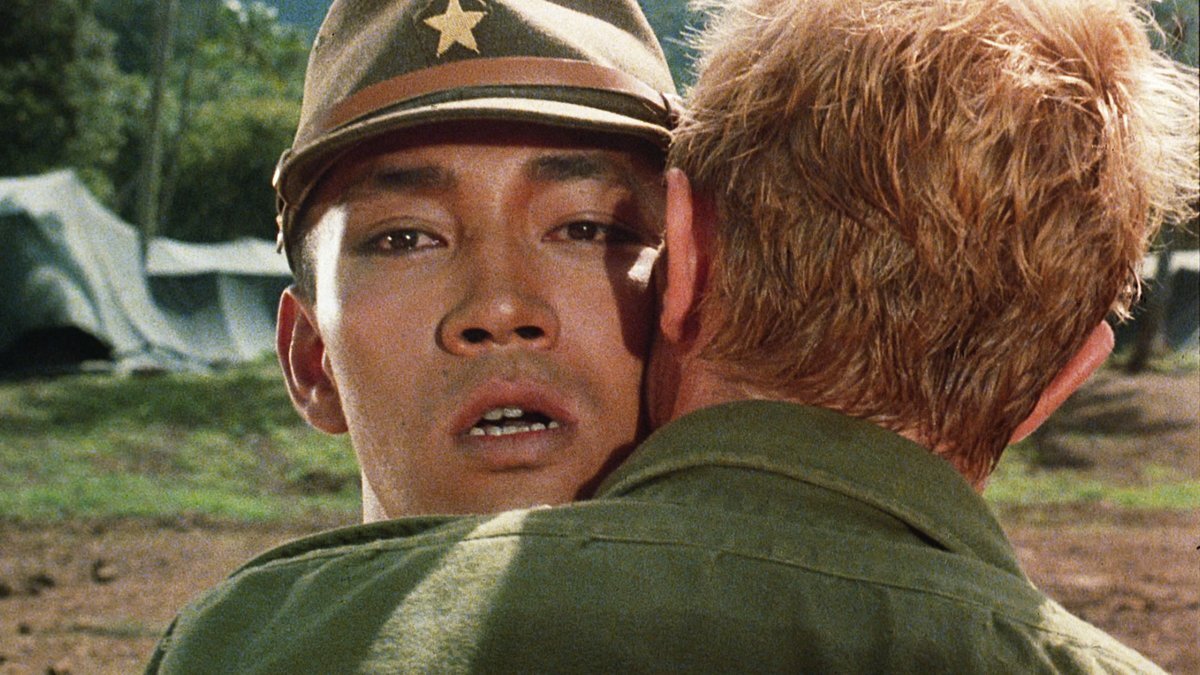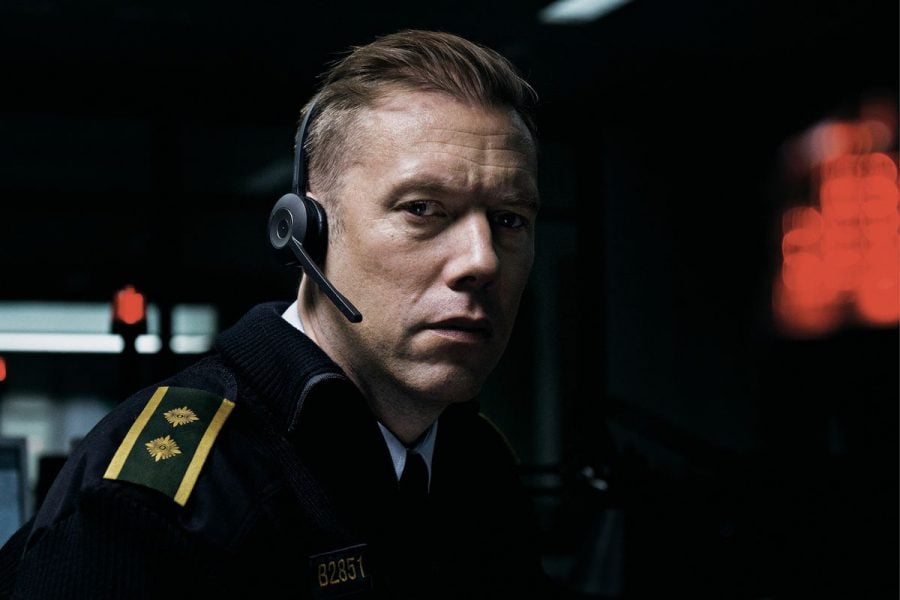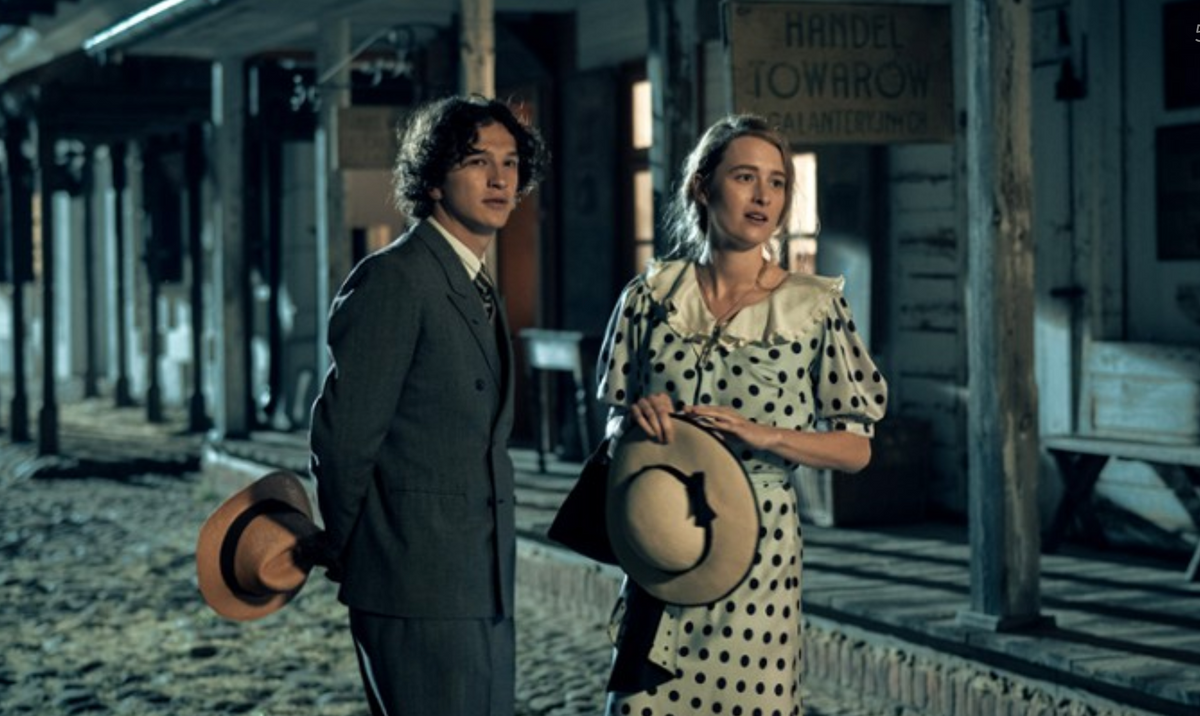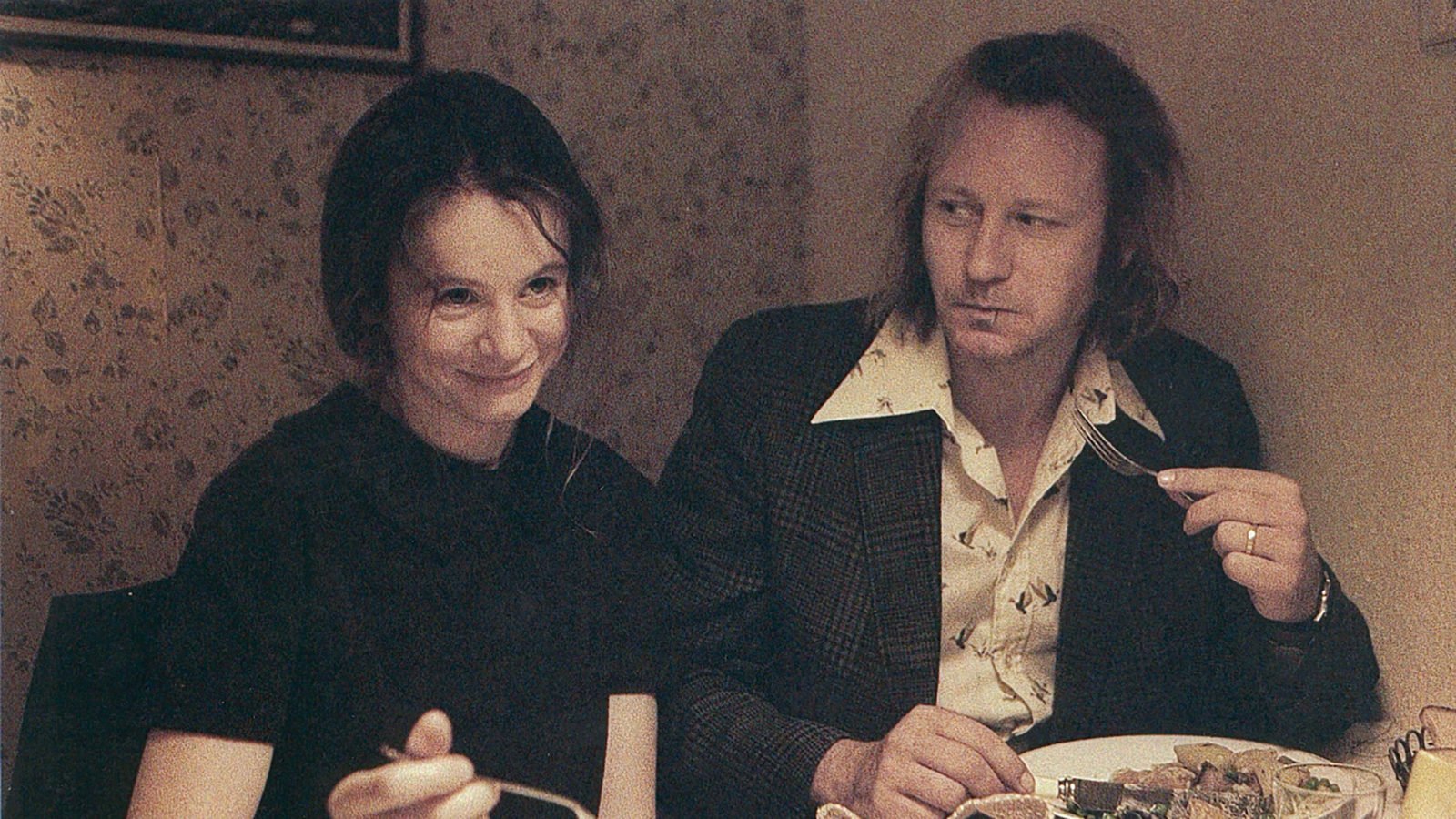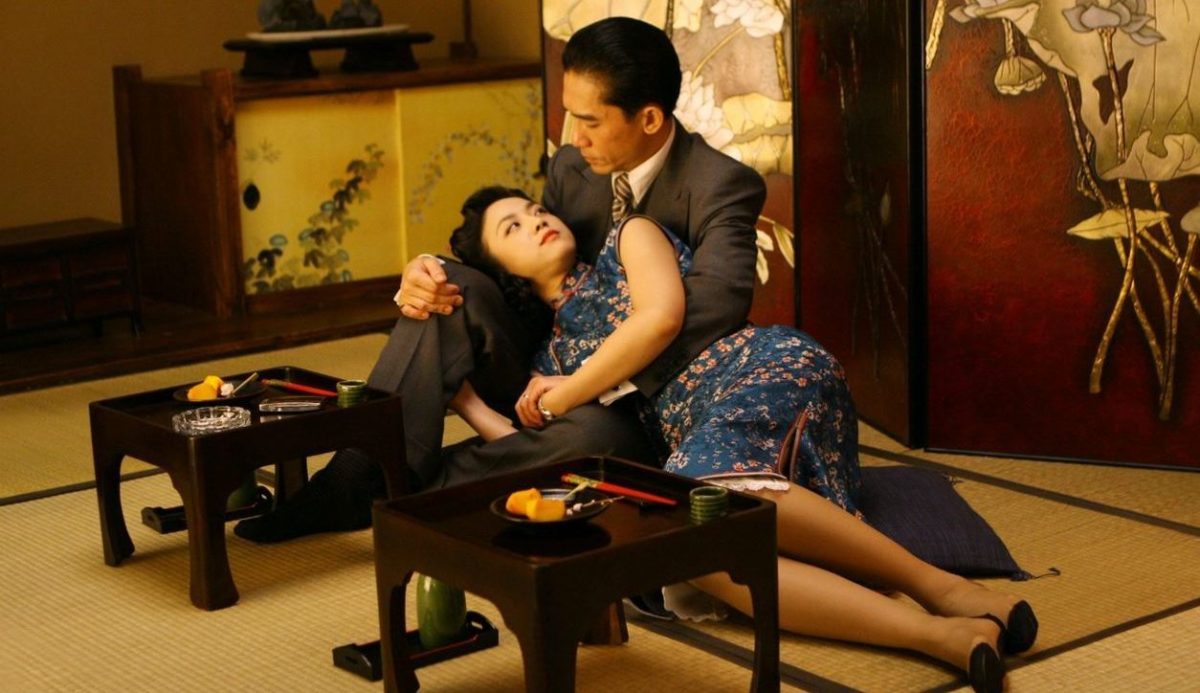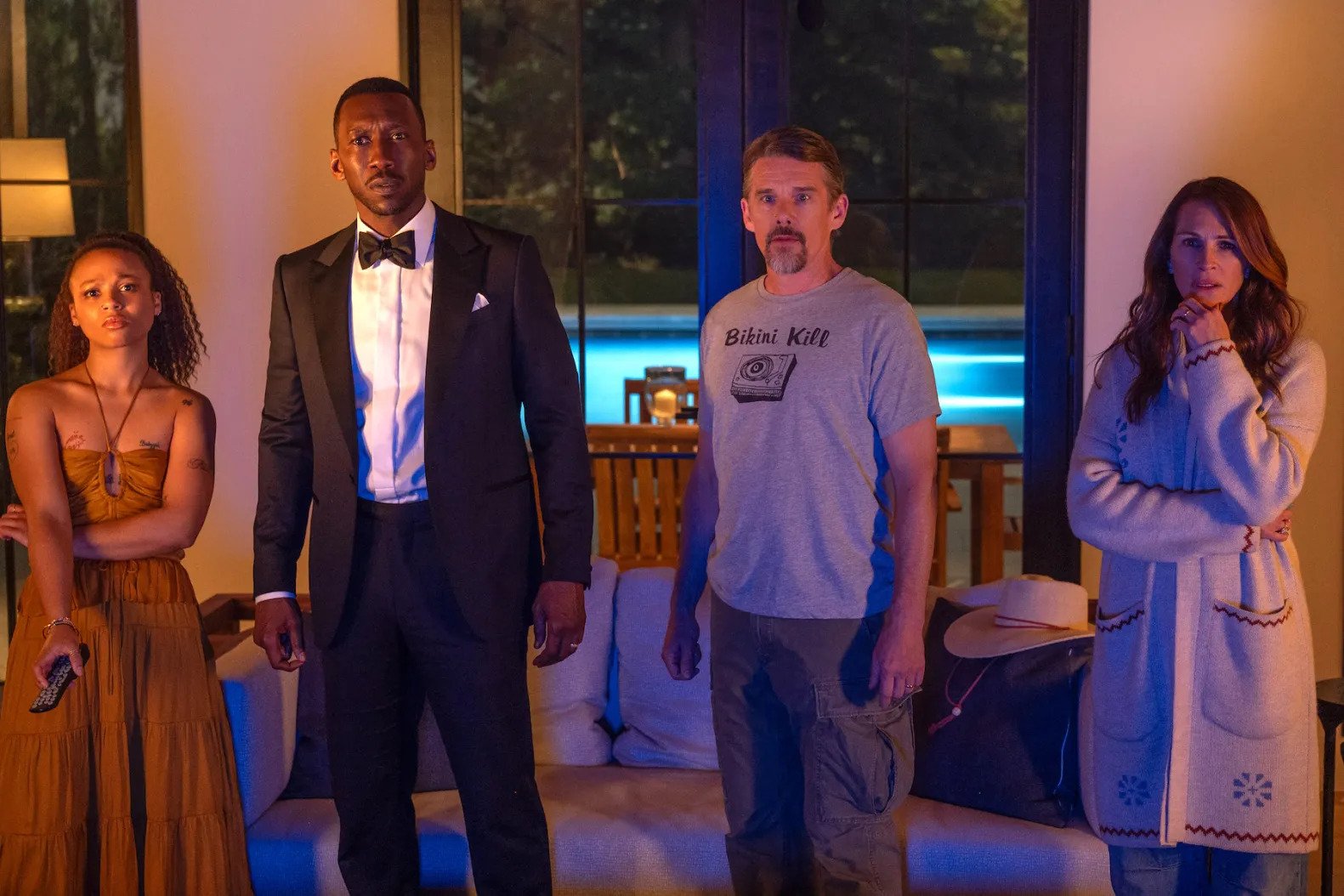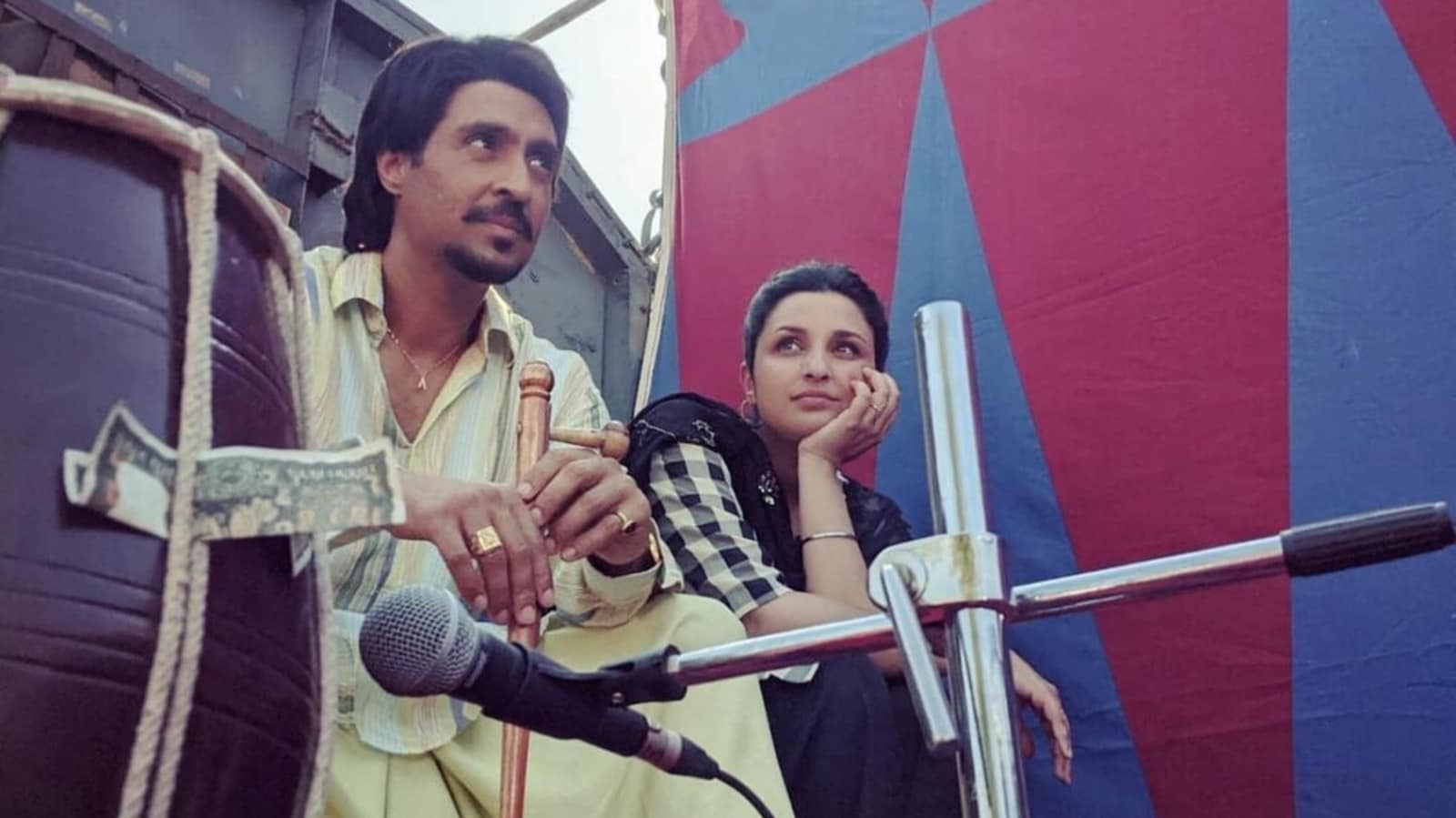
Merry Christmas, Mr. Lawrence (1983)
The Very Best
8.6
Movie
8.6
Farah Cheded
TLDR
Not exactly the festive family heartwarmer the title suggests.
What it's about
The take
The tragic irony of war — that, if battling soldiers had been born in any other time or place, they may well have been friends with each other — takes center stage in this brilliant drama set in WWII-era Java. It's a theme best encapsulated by Captain Yonoi (Ryuichi Sakamoto in his film debut), the bushido code-following commandant of a Japanese POW camp: “How wonderful it would have been if we could have invited all of you to a gathering under our cherry trees,” he muses to the titular British Lieutenant Lawrence (Tom Conti), one of his prisoners.
Lawrence is the camp’s mediator, and not just because he’s fluent in Japanese; in the culture clash microcosm that is the camp, he is uniquely understanding of his captors’ way of life. That earns him special privileges of sorts from the camp’s often brutal enforcer (Takeshi Kitano), but this pales in comparison to the instant partiality with which the charismatic Major Jack Celliers (David Bowie) enjoys, courtesy of a smitten yet deeply repressed and tormented Yonoi. This psychosexual undercurrent bubbles furiously throughout Merry Christmas, Mr. Lawrence, deepening its (already poignant) lamentations about war’s humanity-stripping effect and the self-imposed prisons that are honor and shame.
What stands out
Merry Christmas, Mr. Lawrence couldn’t exactly feature two whole rockstars and not make use of the musical talents of at least one. Bowie had to sit this one out, musically speaking, owing to a key plot point — which ironically sees his character complain about his lack of singing ability — so it’s the late, great Sakamoto who played double duty. His ethereal synth-y score (actually his first ever composition for the screen) is instantly unforgettable, and perfectly complements the film’s complex tonal balance of hope and wistfulness, its theme of meeting cultures, and its otherworldly cinematography.
Comments
UP NEXT
UP NEXT
UP NEXT
Curated by humans, not algorithms.

© 2024 agoodmovietowatch, all rights reserved.


